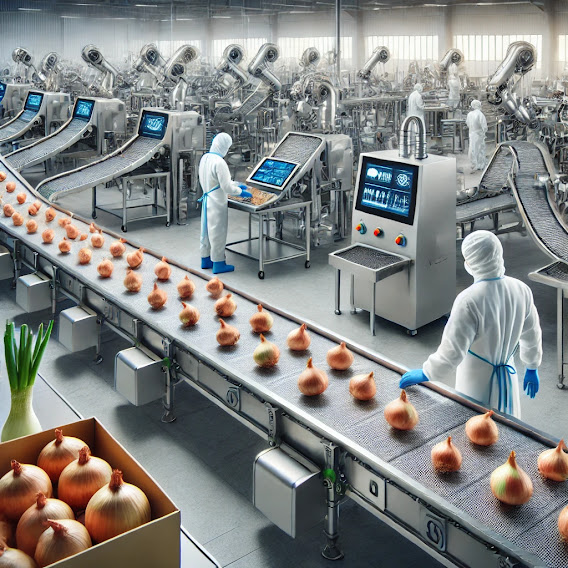A Game-Changer in Electric Vehicle Batteries: Lyten's Lithium-Sulfur Innovation
A new type of electric vehicle (EV) battery is poised to revolutionize the industry. Tech startup Lyten has announced the launch of its lithium-sulfur A sample cells, which promise to surpass the energy density of the currently dominant lithium-ion batteries by more than twofold. This innovation could be a significant leap forward for EV technology.
On May 8, Lyten shared that it is shipping these sample cells to key equipment managers in leading U.S. and European automotive companies, including Stellantis. The San Jose-based company also plans to extend its shipments to the U.S. Department of Defense and other aerospace and defense sectors later this year.
Lyten's CEO and co-founder, Dan Cook, expressed excitement about this development, noting that it represents years of dedicated work and innovation. "This milestone is the result of years of dedicated work and innovation from the Lyten team, and we are just at the start of further expanding the capabilities of our lithium-sulfur battery cells," Cook stated.
The surge in global EV sales—now topping 40 million, according to Our World in Data—has heightened the need for more efficient, cost-effective, and reliable batteries. Lithium-ion batteries have long been the standard, not just in EVs but also in various consumer electronics and renewable energy storage. However, they come with significant drawbacks, including high costs, heavy weight, and safety issues like overheating. Additionally, the mining of lithium-ion resources can lead to environmental degradation.
CleanTechnica’s Tina Casey points out that these limitations are major factors keeping EVs out of reach for many consumers. Furthermore, current lithium-ion production rates are insufficient to meet the growing demand, creating a bottleneck in the transition to greener technologies.
Enter lithium-sulfur batteries. By utilizing sulfur—a more abundant and lighter resource—Lyten aims to address these issues. The potential benefits include reduced costs, lower environmental impact, and increased energy density. However, the technology is still relatively new and less tested compared to its lithium-ion counterparts.
In January 2024, Lyten received funding from the U.S. Department of Energy to accelerate the production and testing of their lithium-sulfur batteries. Other entities, like Li-S Energy and the University of Adelaide in Australia, are also exploring this technology. Notably, research from the University of Adelaide has demonstrated that lithium-sulfur batteries can achieve a full charge in less than five minutes, indicating promising performance improvements.
Lyten's chief battery technology officer, Celina Mikolajczak, emphasizes the broader implications of their work: "The world needs a practical, mass market battery, and that is what we are building with our lithium-sulfur technology. Mass market electrification and net zero goals demand higher energy density, lighter weight, and lower cost batteries that can be fully sourced and manufactured at massive scale using abundantly available local materials. That is Lyten's lithium-sulfur battery."
As the world moves towards more sustainable energy solutions, innovations like Lyten's lithium-sulfur battery could play a crucial role in making EVs more accessible and practical for everyday consumers.
🗣️ Does driving range play into your decision to buy an EV?
🔘 It's the main factor 💯
🔘 It's a factor 🤔
🔘 Not at all 🙂
🔘 I already own an EV 😎
🗳️ Click your choice to see results and speak your mind!
The future of electric vehicles is bright, and with breakthroughs like Lyten’s lithium-sulfur battery, it’s becoming even more promising. Stay tuned as we continue to follow this exciting development in the EV world.





Comments
Post a Comment